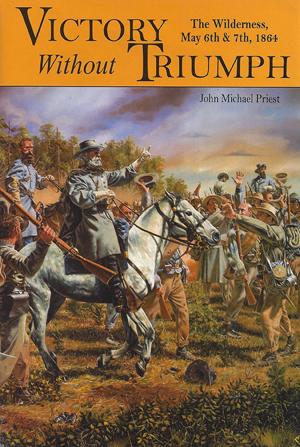General William Dorsey Pender
A Biography
Nonfiction, History, Americas, United States, Civil War Period (1850-1877)| Author: | Edward G. Longacre | ISBN: | 9781940669250 |
| Publisher: | Savas Publishing | Publication: | April 25, 2014 |
| Imprint: | Savas Publishing | Language: | English |
| Author: | Edward G. Longacre |
| ISBN: | 9781940669250 |
| Publisher: | Savas Publishing |
| Publication: | April 25, 2014 |
| Imprint: | Savas Publishing |
| Language: | English |
The talented William Dorsey Pender is a prime example of the advantage held by the Confederacy in junior-level commanders during the opening months of the Civil War. Pender, a native North Carolinian, graduated in the top half of the West Point class of 1856.
One of the first Southern-born officers to offer his services to the Confederacy. Pender first came to prominence during the Seven Days’ Battles, when a number of junior Confederate officers took bold action to counter the battlefield errors of some of their better-known superiors.
Pender soon developed a reputation as Robert E. Lee’s favorite brigade commander. After further capable service at Antietam, Fredericksburg and Chancellorsville, Pender was promoted to divisional command. Arriving at Gettysburg on the first day of the battle, Pender’s troops from Georgia, South Carolina and his own North Carolina played a major role in driving the veteran Union I Corps from the town. Unfortunately, Pender sustained what at first seemed a minor wound later in the battle and died of complications after the Confederate retreat back to Virginia. The inability of the less-populous Confederacy to replace key figures such as Pender was an important cause of the ultimate Southern defeat.
The talented William Dorsey Pender is a prime example of the advantage held by the Confederacy in junior-level commanders during the opening months of the Civil War. Pender, a native North Carolinian, graduated in the top half of the West Point class of 1856.
One of the first Southern-born officers to offer his services to the Confederacy. Pender first came to prominence during the Seven Days’ Battles, when a number of junior Confederate officers took bold action to counter the battlefield errors of some of their better-known superiors.
Pender soon developed a reputation as Robert E. Lee’s favorite brigade commander. After further capable service at Antietam, Fredericksburg and Chancellorsville, Pender was promoted to divisional command. Arriving at Gettysburg on the first day of the battle, Pender’s troops from Georgia, South Carolina and his own North Carolina played a major role in driving the veteran Union I Corps from the town. Unfortunately, Pender sustained what at first seemed a minor wound later in the battle and died of complications after the Confederate retreat back to Virginia. The inability of the less-populous Confederacy to replace key figures such as Pender was an important cause of the ultimate Southern defeat.















